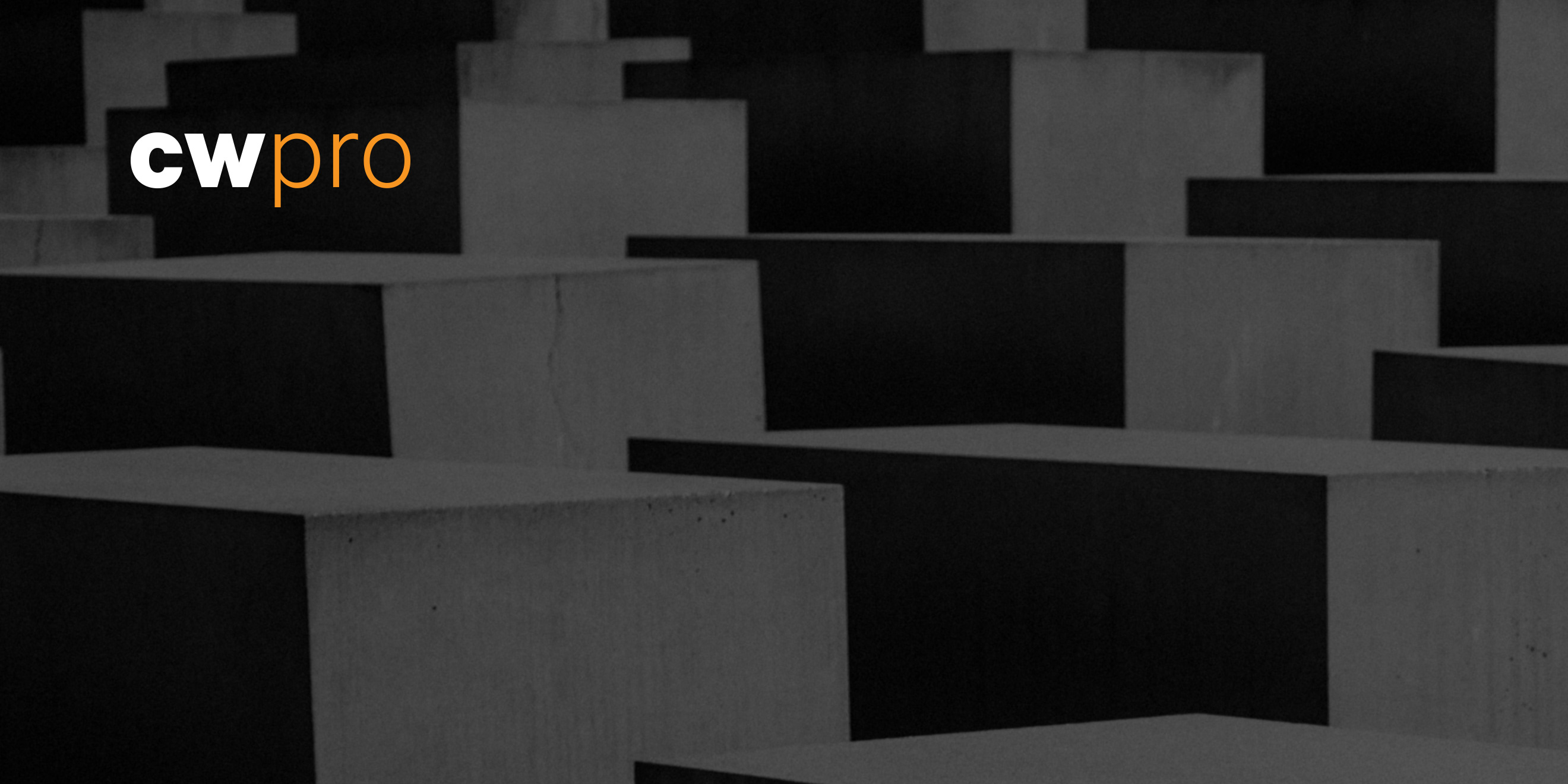At a glance.
- Facebook's March report on coordinated inauthenticity.
- Risks of romanticizing dissent.
Coordinated inauthenticity, from troll farms to generative adversarial networks.
Facebook's March 2021 Coordinated Inauthentic Behavior Report describes the social platform's actions against coordinated disinformation campaigns in Albania, Egypt, Israel, Georgia, Mexico, El Salvador, Argentina, Spain, and Comoros.
The action against the group in Albania is in many respects the most interesting. ZDNet describes Facebook's action against what it characterizes as a "troll farm" operated by expatriate Iranian dissidents from that southeast European country. Its operations were directed at influencing Iranian opinion against the regime in Tehran and in favor of the Mojahedin-e Khalq (MEK), a dissident militia opposed to the Islamic Republic.
"Most of its accounts were run by operators in Albania who routinely shared technical infrastructure," Facebook writes, adding notes on how you can recognize a troll farm: "This meant that the same operator was able to run multiple accounts; conversely, multiple operators were able to run the same account. These are some of the hallmarks of a so-called troll farm -- a physical location where a collective of operators share computers and phones to jointly manage a pool of fake accounts as part of an influence operation."
The MEK enjoyed its periods of greatest success in 2017 and 2020 but seems to have fizzled since then. It remains to be seen if its troll farming will be able to recover from last month's takedown, but it's certainly been dealt a setback.
Facebook is also taking action against generative adversarial networks that use deepfake images generated by artificial intelligence to misrepresent themselves as either independent news outlets or investigative journalists. Many of these networks were Spanish-speaking, and located in El Salvador or Spain. Their activity was directed for the most part at local politics, like mayoral elections.
Facebook's approach to coordinated inauthenticity is worth reviewing, since in some respects it represents a more promising way of countering disinformation than the sort of content moderation practiced by other platforms. The company defines coordinated inauthentic behavior as "coordinated efforts to manipulate public debate for a strategic goal where fake accounts are central to the operation. There are two tiers of these activities that we work to stop: 1) coordinated inauthentic behavior in the context of domestic, non-government campaigns, and 2) coordinated inauthentic behavior on behalf of a foreign or government actor." In working against such distribution of influence, Facebook looks for "groups of accounts and Pages seeking to mislead people about who they are and what they are doing while relying on fake accounts." They take such groups down, and watch for attempts to reestablish them. Thus inauthenticity, misrepresentation, and not the simple retailing of false claims (or harmful claims) would be the touchstone of the company's approach to disinformation.
Countering disinformation in this way resembles more traditional action against fraud rather than the sort of content moderation attempted by other platforms (and urged by many policy wonks). It offers at least this advantage: it seems to lend itself more to an even-handed approach than do exercises in applied epistemology that attempt to discern truth from falsehood, permitting the former while blocking the latter. And it also doesn't involve itself in ideologically tinged enforcement of secular blasphemy laws against harmful content. It does have the virtue that taking down inauthenticity will also take down a great deal of falsehood and harmful incitement.
Blowback from "romanticizing" dissidents.
The case of the MEK-linked troll farm is instructive. Regimes like that in Tehran (and for that matter in Moscow, Nay Pyi Taw, and Beijing) have a well-earned reputation for repression. It's tempting, therefore, to assume that the enemy of a bad guy must be a good guy, and, if a good guy, then a perfect guy. But of course not all dissidents qualify even as good guys. MEK, for example, supported Saddam Hussein. And even dissidents who are heroic and self-sacrificing in dissent, like Russia's Alexei Navalny and Myanmar's Aung San Suu Kyi, will fall short of the standard of perfection. Aung San Suu Kyi was eventually coopted into defending the Myanmar military's brutal campaign against the Muslim Rohingya, and Navalny, recently imprisoned, had his prisoner of conscience status revoked by Amnesty International after he was found to have made xenophobic remarks some ten years ago.
The reaction to Aung San Suu Kyi is perhaps easier to understand than Amnesty's abandonment of Navalny, but an essay in Foreign Policy argues that romanticizing dissidents plays into the hands of the repressive regimes they oppose. Since all will fall short of any impossible standard, such romanticism helps the regimes discredit their critics.
